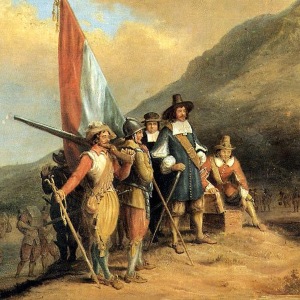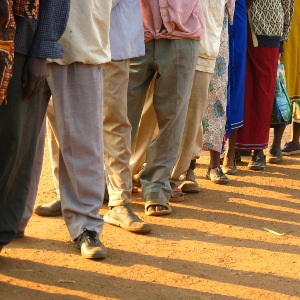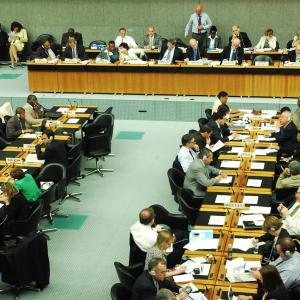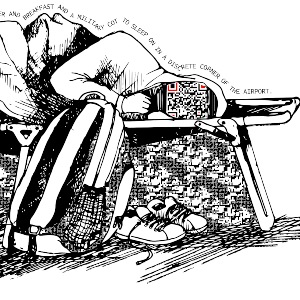Africa at LSE looks back over blog post highlights from 2019. We chart China’s attempts to win over the continent’s ideological heart, the problems with Western-led initiatives to transform African masculinity, shifting decolonisation debates from theory to practical steps, and more.
Continuous news cycles produce both a predictability to significant events and, occasionally, disruptions to coasting political and social narratives. Was the crux missed all along? Revolutions used to fall into the latter camp, however steady or swift, but when every political encroachment is updated by the hour the experiential effect of a transformative movement changes. Each step seems inevitable, and the larger trends can be missed. On the other hand, while we expect natural disasters to be increasingly frequent and ferocious, the speed at which they hit – their predictable unpredictability – nonetheless confronts us with new histories, of future challenges and historic failures on climate action.
Against this backdrop, rigorous research has never been more important, along with the need for its public consumption, in people’s homes, on their phones, not left to private libraries. To unpack the structural issues underpinning our daily news cycles, the Africa at LSE blog has sought to present the latest data and analyses, looking beyond the headlines. In a year that has seen continuing humanitarian and conflict emergencies, peace deals, a citizen-led revolution, a new scale to environmental disasters and closer continental integration, the winners and losers of such events, and the uneven power exposed or deployed, demands scrutiny to inform more thoughtful global conversations.
Moving into its 9th year, Africa at LSE will continue to publish on the latest continent-wide developments, platforming social scientists, practitioners and policymakers while building on its new design to improve audience engagement. So before we embark on the year ahead, with all its inevitable particularities and continuities, we’ve put together a short selection of 2019’s most widely read, shared and provoking posts. Take a look, recap, comment and scrutinise, in the way we will do so in 2020.
Thank you for your support and have a peaceful new year.
In Africa the Beijing Consensus is pushing Confucius over Plato
While the Beijing Consensus pushes a model of development in Africa without the West’s preconditions, China is also successfully rooting a soft power which promotes its political-economic thought through education initiatives, grounded in the teachings of Confucius.
An Africanist approach to ending gender-based violence
Programmes to tackle gender-based violence by men in Africa have been dominated by western constructions of masculinity, where behaviour change is focussed on the individual. It is argued these programmes ignore the African ways of conceptualising gender, which emphasise status conferred by the community.
The importance of Atlantic slavery for the 18th century Dutch economy
Historians have long described the contribution of the Atlantic slave trade to the Dutch economy as marginal. A new study says these figures have been grossly underestimated, raising wider debates on the role of slavery in modern European capitalism.
Has ethnic favouritism in public sector hiring in Kenya and Uganda been exaggerated?
In Kenya and Uganda, where party affiliations are often rooted in ethnic divisions, the government’s perceived ethnic favouritism is thought to translate into public employment opportunities. We look at the evidence.
Human rights and financial outflows from Southern Africa
Money coming into Africa is outweighed by money coming out. As Southern Africa faces major challenges in meeting its targets on social and economic rights, there are urgent needs to counter the effects of finance flowing out of the region illicitly.
African and Development Studies: scholarship in need of its own replication crisis
By exploring the decolonisation of knowledge production in African and Development Studies, we delve into the global North-South divide and uncover the ways in which current systems reinforce the status quo towards poor scholarship.
Visa applications: emotional tax and privileged passports
We contrast the visa requirements for a Ugandan national visiting the UK with a UK national visiting Uganda. While highlighting how some passports carry certain privileges, more hidden is the emotional tax paid by non-privileged passport-holders.
Photo: Man dancing in Kampala, 2019, by Ninno JackJr on Unsplash.










